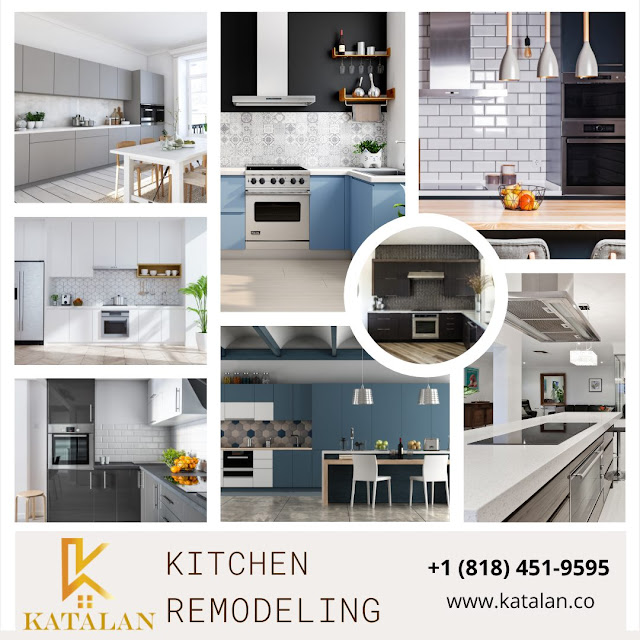How accessory dwelling units can provide affordable housing solutions
Accessory dwelling units (ADUs) are becoming an increasingly popular solution to the affordable housing crisis facing many cities and communities around the world. ADUs are small, self-contained living units that are located on the same lot as a primary residence. They can be standalone structures or attached to the primary residence as an addition or converted space. ADU & Garage Conversion LA provides a range of benefits to homeowners, tenants, and communities, including increased housing affordability, reduced environmental impact, and improved social cohesion.
Potential to provide affordable housing solutions
One of the main benefits of ADUs is their potential to provide affordable housing solutions for a range of households. ADUs are typically smaller and less expensive than traditional housing units, making them more accessible to low- and middle-income families, students, and seniors. ADUs also offer flexibility in rental arrangements, allowing homeowners to rent out the unit to generate additional income or provide affordable housing for friends or family members.
Role of ADUs in addressing social and environmental challenges
In addition to providing affordable housing, ADUs can also help address various social and environmental challenges. By allowing homeowners to accommodate additional residents on their property, ADUs can help to reduce the need for new housing development and promote more efficient use of existing urban space. This can help to mitigate the negative impacts of urban sprawl, such as traffic congestion, air pollution, and loss of green space.
Foster social cohesion and community resilience.
Another benefit of ADUs is their potential to foster social cohesion and community resilience. By providing opportunities for multi-generational living, ADUs can help to build stronger social networks and reduce social isolation among seniors and other vulnerable populations. They can also support community resilience by providing flexible housing options that can adapt to changing economic and social conditions.
Despite the many benefits of ADUs, their widespread adoption has been hampered by a range of regulatory and financial barriers. Many cities and communities have zoning restrictions that limit the number and size of ADUs that can be built or require special permits or approvals that can be costly and time-consuming. In addition, financing options for ADU construction and renovation can be limited, particularly for low- and moderate-income homeowners.
To overcome these barriers, policymakers and community advocates are increasingly turning to innovative solutions that can help to promote the development of ADUs. One such solution is the use of pre-approved ADU designs and streamlined permitting processes that can reduce the time and cost of ADU construction. Another solution is the use of public-private partnerships that can provide financing and technical assistance to homeowners and developers.




Comments
Post a Comment